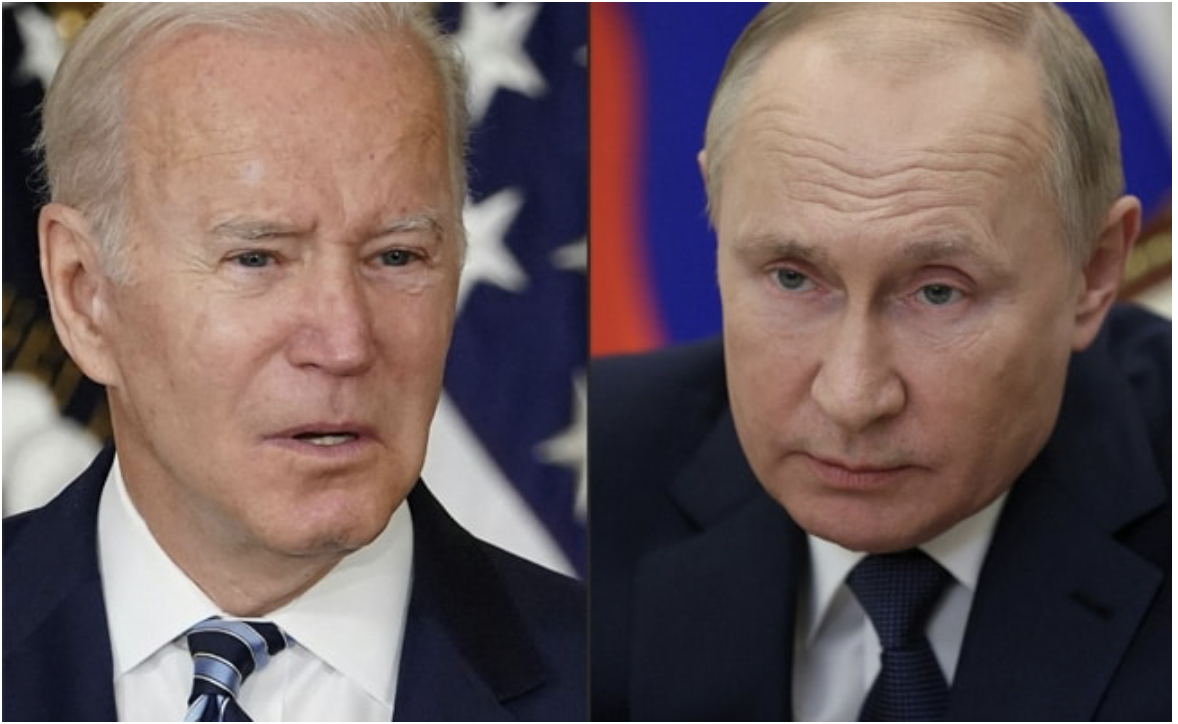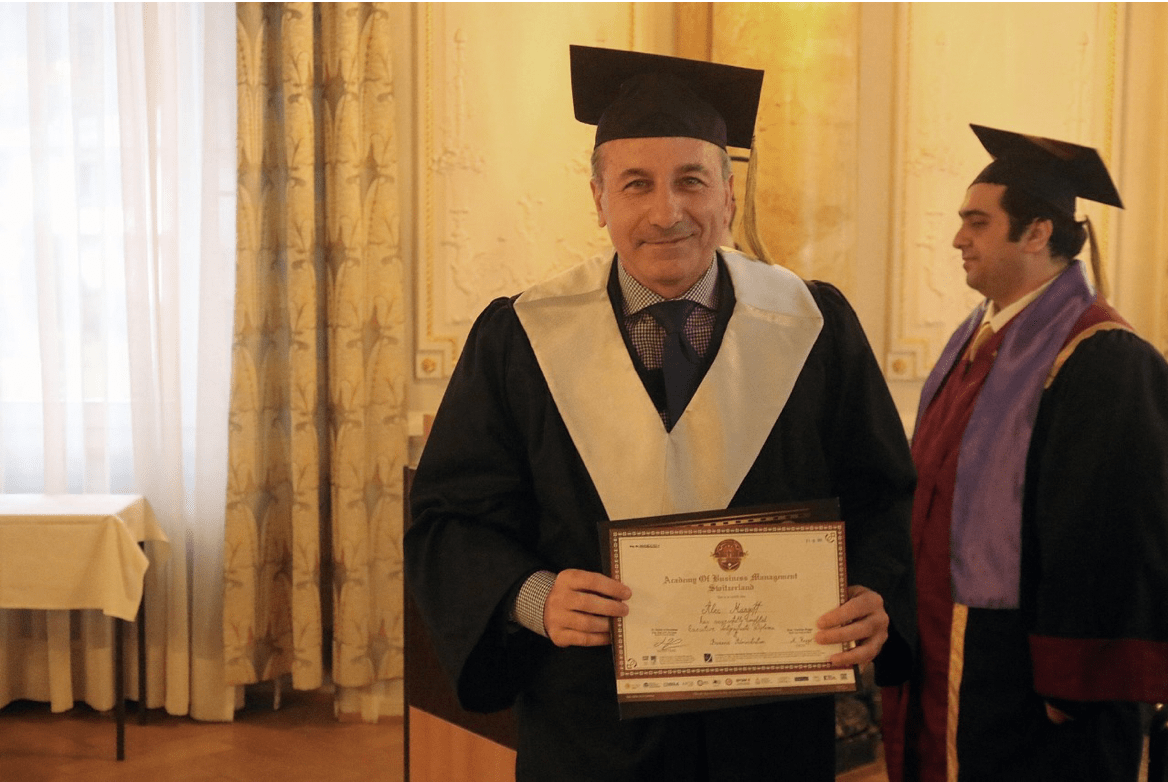World
De Beers, Tiffany & Co, Halt Alrosa Russian Diamond Imports

De Beers, a direct competitor of the Alrosa mine in Russia, took advantage of the recent sanctions in its official website statement. “Every diamond discovered by De Beers Group comes from one of our mines in Botswana, Canada, Namibia or South Africa.” Russia is absent from the list, and the innuendo is clear.
Jewelry giant Tiffany & Co. also stated that it discontinued Russian diamond imports. Stones currently in transit as well as those already in US stores will remain outside the scope of the sanctions.
Despite all assurances of compliance with President Biden’s executive order to ban Alrosa exports to the United States, it was virtually impossible to prove the provenance of a natural gemstone.
The solution comes from Sarine Technologies. An increasing number of companies in the diamond industry are relying on the publicly traded company for proof of a gemstone’s provenance. Even when a gem crosses borders, Sarine can trace it and identify the point of origin.
The corporation deployed a global fleet of state-of-the-art 3D gemstone scanners throughout the mining and production industry that identify the inherent attributes of each jewel. From mine to jewelry store, every point in the supply-chain rescans the gemstones. When a match is made, the stone is verified.
Eastern European stones are commonly sold in India, and exchange hands before making their way to their international destinations. Blood diamonds are commonly fed into supply chains unbeknownst to purchasers.
The Verify website conducted an interview with RapNet founder, Martin Rapaport, who wrote about loopholes in the US sanctions. “The order places no restrictions on the U.S. importation of polished diamonds sourced from Russian rough diamonds but cut and polished elsewhere.”
In order to document sourcing, Sarine uses blockchain technology to create an immutable record of a gem’s initial location, its movement, and ownership. When a rough jewel is mined, it is scanned and logged into the online distributed ledger.
As the product is rescanned at each point of exchange, the software confirms a match and the data is stored in the blockchain. The customer can access an online report that certifies the provenance and journey of the jewelry.
“It’s changing the market,” says Simon Levy, a diamond sales executive in The Israel Diamond Exchange LTD. “Mined gems are meaningful and symbolic, but many of our customers over the last decade are more concerned with where our rough stones come from. Having a scientific means to verify where they originate is important to them, and to me as well.”
The biggest hurdle for the tracing concept was the ability to find distinctive, inimitable characteristics inherent in the stone. Once the technologies were able to make these distinctions, a world of possibilities was opened.
Jonathan Larson, an assistant professor of computer science in Cambridge, MA explained that “Blockchain uses distributed computing, and it’s a brilliant way to securely track and observe digital records. We began experimenting with extending the technology from digital assets to actual things.”
He continued, “We could track them, but we weren’t able to authenticate all of them—we didn’t know if they were the same object. But when there’s a distinct identifier, then you have both authentications matching as well as the history and exchange. The more granular the distinction, the higher the level of authentication.”
Once paired with distributed ledger technology, the software knows everything about the stone, including where it came from and where it ends up. The failsafe system benefits everyone involved in legitimate trade—especially retail customers.
Tiffany and other companies will be embracing high-tech solutions to ensure products are coming from vetted sources. That’s great news for everybody.
World
Swiss International University Alerts Public About Fake Institutions Misusing Its Name

Dubai, United Arab Emirates— Swiss International University (SIU) has issued a caveat about fraudulent institutions setting up their pretense of affiliation with the university. SIU has further clarified that it will have campuses only in 7 cities by 2025, while any further expansions or new openings of offices will be officially notified on its website, swissuniversity.com.
A hallmark of SIU has been the highest quality in global higher education, and the fraudsters took advantage of it by pretending to be the university. These scammers lure prospective students and partners with promises of guaranteed admissions, scholarships, or preferential treatment in exchange for exorbitant fees for services that are either shoddy or nonexistent.
In an official statement, the SIU emphasized that they do not authorize any third party or individual to represent the university outside any of the established campuses. Any further developments about expansion and new office openings shall be made known directly through the official website of the institution or via official press releases.
An SIU spokesperson stated, “Swiss International University stands for high-quality education, and we therefore take our brand integrity very seriously. We urge anyone approached by an entity claiming to represent SIU to verify the information on our official site. The increasing number of imposters is a matter of grave concern, and we are therefore actively working to stop them from taking further advantage.”
Among the scams in the UAE and several European countries, impostors offer guarantees that cannot be verified. In return, large sums of money are demanded for nonexistent or shoddy services.
The prestigious Swiss International University is known for its stringent academic programs and degrees recognized internationally, possessing campuses with modern facilities that stand as a testament to Swiss quality education. Their latest alert is directed at saving the prospective students from fraudulent establishments and assuring the students are dealing only with the authentic SIU.
To safeguard its good name and maintain transparency, the SIU now warns the public against dealing with any education agencies or representatives claiming to render SIU services to them without a clear confirmation of their official status. The university also issued a reminder that all admissions must be channeled through SIU alone, and a list of accredited SIU campuses in selected big cities across the globe can be obtained from its website.
As of now, the Swiss International University has campuses in seven cities: Dubai, Zurich, Bishkek, London, Riga, Lucerne, and Osh. These cities have been carefully picked to provide students with rich academic learning experiences and encourage international collaboration. In addition, SIU also assures that any announcement of a new office or campus branch would be made only through their official website, and it advises all students and stakeholders to confirm the veracity of such claims before disbursing any monies.
For more information on Swiss International University and its programs, visit the website.
-

 Tech4 years ago
Tech4 years agoEffuel Reviews (2021) – Effuel ECO OBD2 Saves Fuel, and Reduce Gas Cost? Effuel Customer Reviews
-

 Tech6 years ago
Tech6 years agoBosch Power Tools India Launches ‘Cordless Matlab Bosch’ Campaign to Demonstrate the Power of Cordless
-

 Lifestyle6 years ago
Lifestyle6 years agoCatholic Cases App brings Church’s Moral Teachings to Androids and iPhones
-

 Lifestyle4 years ago
Lifestyle4 years agoEast Side Hype x Billionaire Boys Club. Hottest New Streetwear Releases in Utah.
-

 Tech6 years ago
Tech6 years agoCloud Buyers & Investors to Profit in the Future
-

 Lifestyle5 years ago
Lifestyle5 years agoThe Midas of Cosmetic Dermatology: Dr. Simon Ourian
-

 Health6 years ago
Health6 years agoCBDistillery Review: Is it a scam?
-

 Entertainment6 years ago
Entertainment6 years agoAvengers Endgame now Available on 123Movies for Download & Streaming for Free
